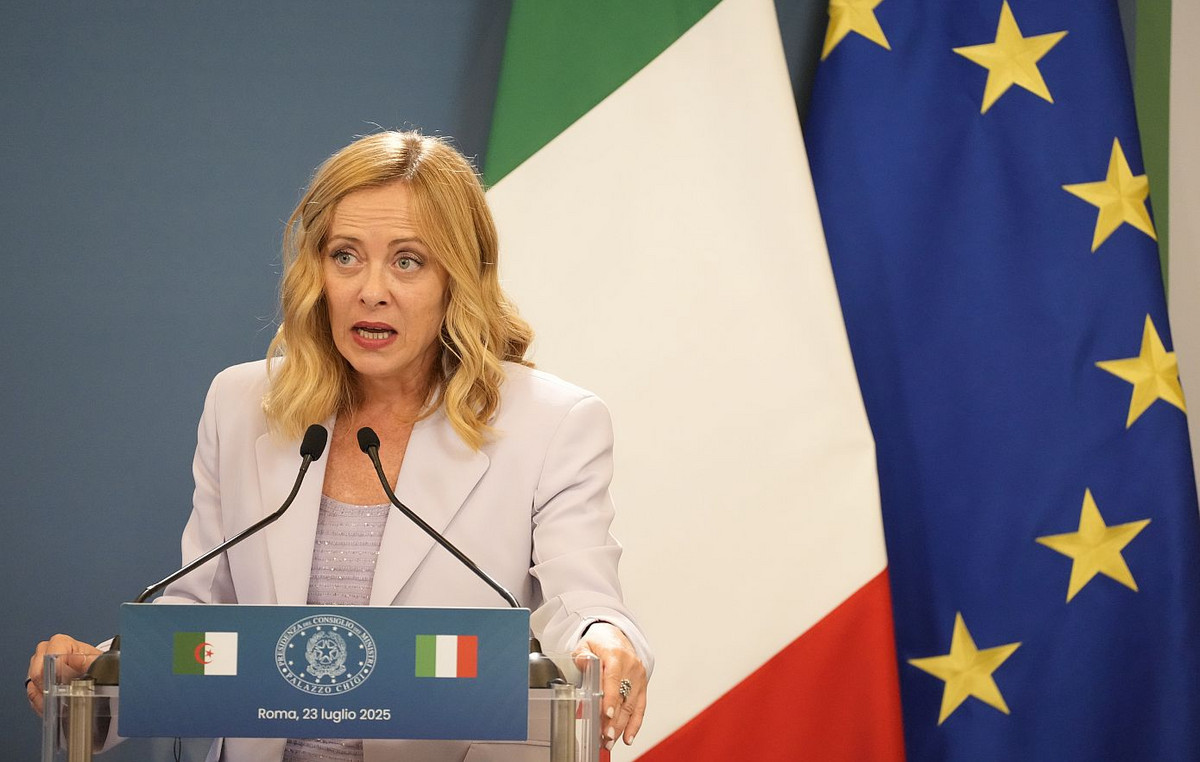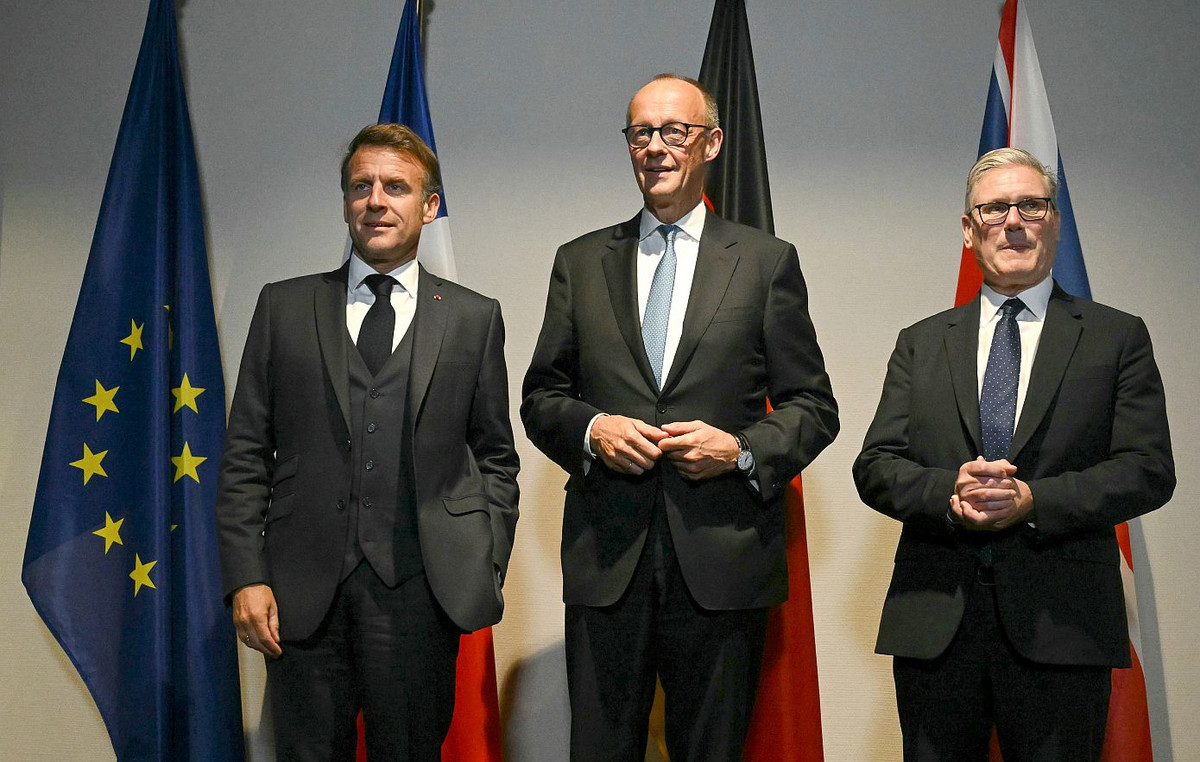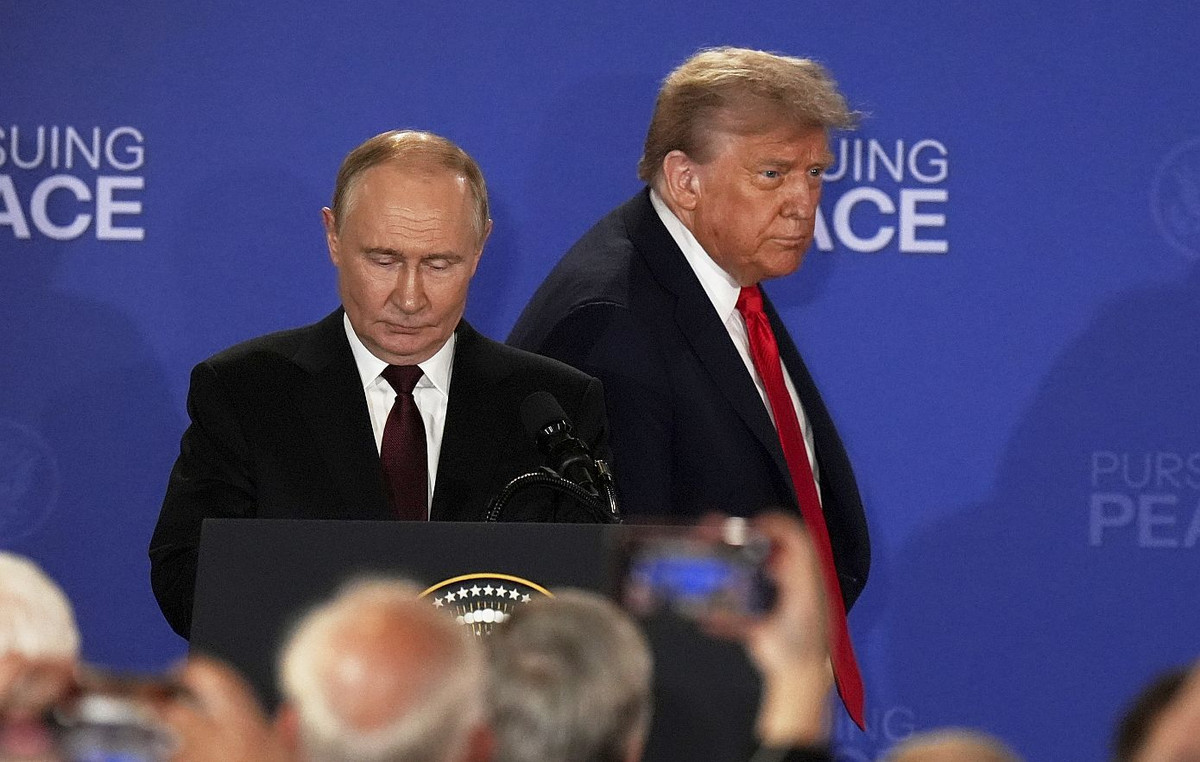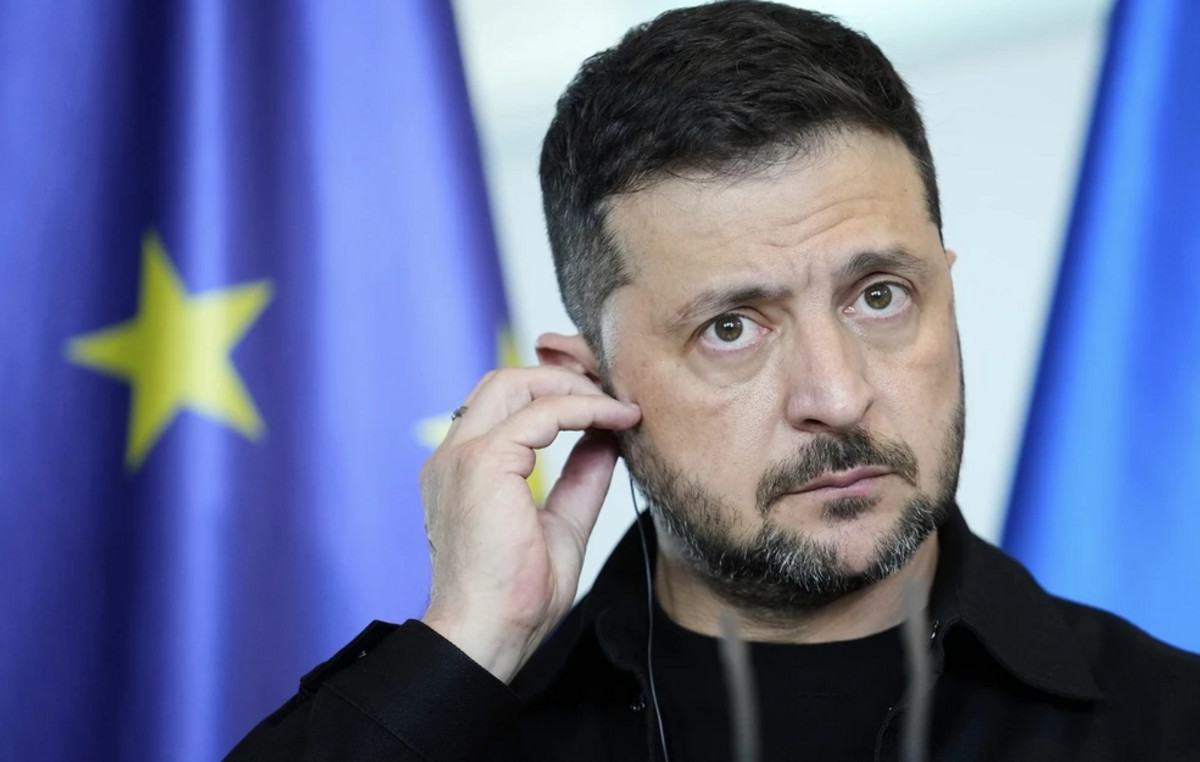European Central Bank (ECB) President Christine Lagarde said rate cuts will continue but will be determined by underlying economic data in the coming months, according to Le Monde.
Key quotes
Base the size and order of cuts on economic data.
A recession is not expected in the euro area from 2024 to 2026.
Reaffirms the commitment to the continued reduction of interest rates.
Remain cautious on the inflation outlook, our goal is in sight but we cannot say that inflation is completely under control.
Future rate cuts depend on economic data in the coming months.
Market reaction
At the time of writing, EUR/USD was down 0.04% on the day at 1.0851.
The ECB FAQs
The European Central Bank (ECB), headquartered in Frankfurt (Germany), is the reserve bank of the euro zone. The ECB sets interest rates and manages the region’s monetary policy.
The ECB’s main mandate is to maintain price stability, which means keeping inflation at around 2%. Its main tool to achieve this is to raise or lower interest rates. Relatively high interest rates usually translate into a stronger Euro, and vice versa.
The Governing Council of the ECB takes monetary policy decisions at meetings held eight times a year. Decisions are made by the heads of the euro area’s national banks and six permanent members, including ECB President Christine Lagarde.
In extreme situations, the European Central Bank can launch a policy tool called Quantitative Easing. QE is the process by which the ECB prints Euros and uses them to buy assets (usually government or corporate bonds) from banks and other financial institutions. The result is usually a weaker Euro.
QE is a last resort when a simple lowering of interest rates is unlikely to achieve the objective of price stability. The ECB used it during the Great Financial Crisis of 2009-11, in 2015 when inflation remained stubbornly low, as well as during the coronavirus pandemic.
Quantitative tightening (QT) is the reverse of QE. It is carried out after QE, when the economic recovery is underway and inflation begins to rise. While in QE the European Central Bank (ECB) buys government and corporate bonds from financial institutions to provide them with liquidity, in QT the ECB stops buying more bonds and stops reinvesting the maturing principal of the bonds that are already possesses. It is usually positive (or bullish) for the Euro.
Source: Fx Street
I am Joshua Winder, a senior-level journalist and editor at World Stock Market. I specialize in covering news related to the stock market and economic trends. With more than 8 years of experience in this field, I have become an expert in financial reporting.







